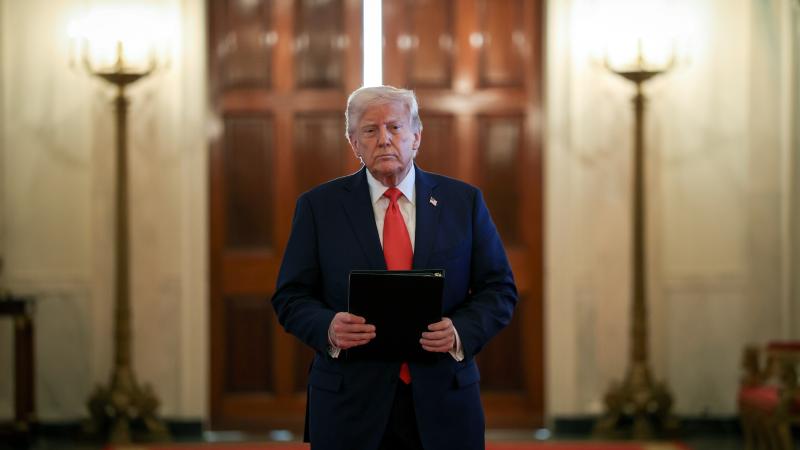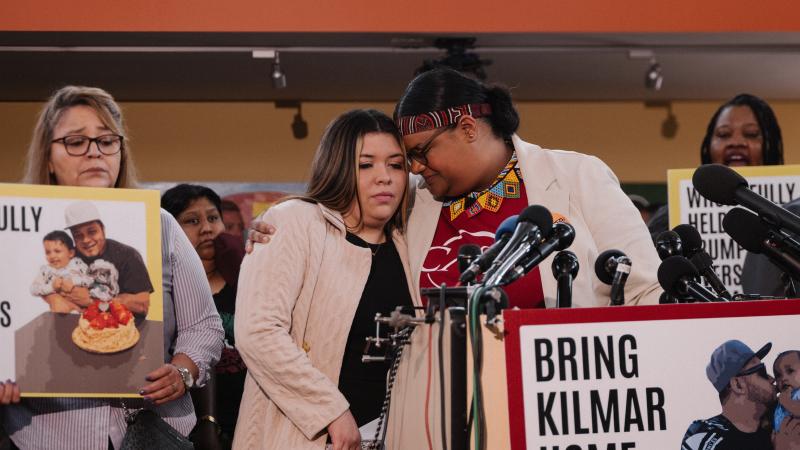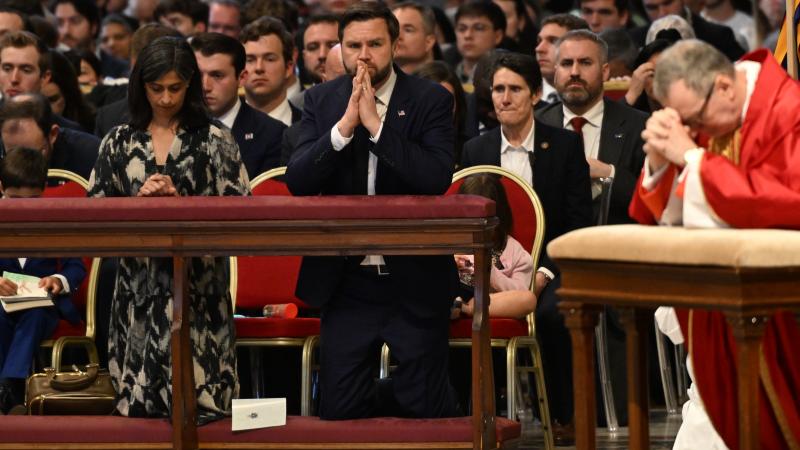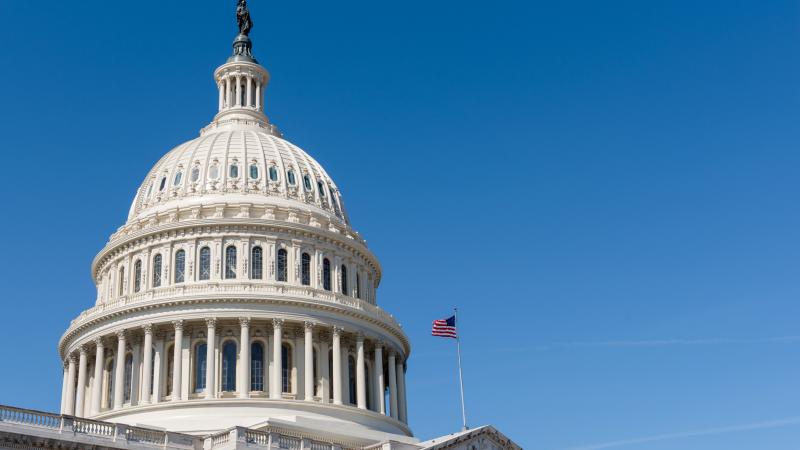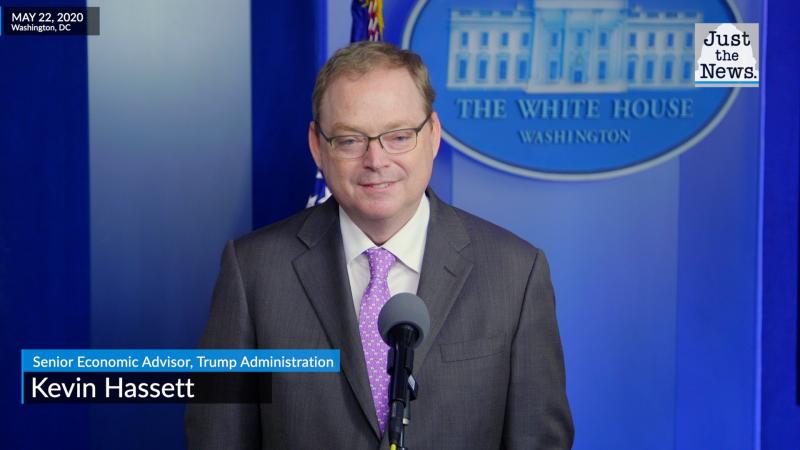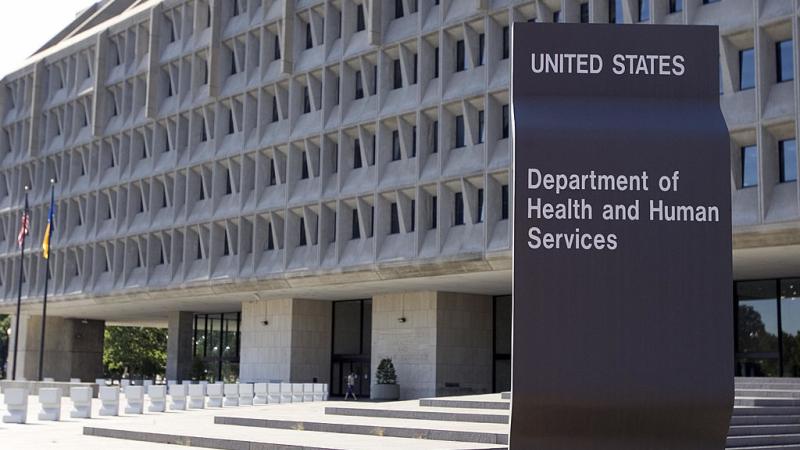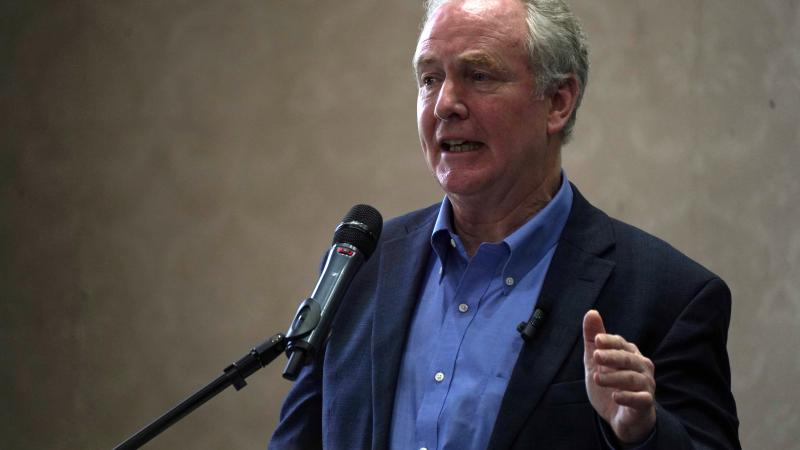Amid rising tensions over Ukraine, Biden and Putin respectively call Zelensky and Erdogan
The Sunday phone calls are the latest in a series of high-level dialogues aimed at addressing the Ukraine-Russia situation.
Amid a flurry of high-level international talks centered on the situation in eastern Ukraine, a quartet of presidents paired off on Sunday to affirm their respective partnerships ahead of three key summits. The presidents the United States and Ukraine spoke on the phone, while the leaders of Russia and Turkey talked directly to one another.
After the phone calls, the White House issued a firmly worded declaration; while the Kremlin, for its part, conveyed what one U.S. security official described as "deftly worded innuendo" designed to prompt uncertainty about what exactly it means.
"Vladimir Putin and Recep Tayyip Erdogan wished each other a happy New Year, reviewed bilateral cooperation and reaffirmed their determination to continue boosting mutually beneficial partnership between Russia and Turkey," Kremlin officials said in a statement following the call.
"The parties also touched upon global issues, including the recent proposals on developing legally binding agreements that will guarantee Russia's security, the situation in the South Caucasus and efforts to resolve the Syrian and Libyan crises," the Kremlin said.
The conversations between the presidents are the latest direct communications among world leaders amid tensions centered on Ukraine. The tensions spring in part from competing fears: the Western alliance's fear that Russia will invade Ukraine; and Russian fear that Ukraine will join the NATO alliance.
In recent months, the international community has increasingly speculated on what Putin plans to do with the estimated 120,000 Russian troops that are stationed along the border with Ukraine.
Moscow has repeatedly said that the troop movements signal no ill intent, yet has made clear that it does not want Ukraine to join NATO.
The tension is such that on the same day Putin spoke with Erdogan, President Joe Biden talked to President Volodymyr Zelensky of Ukraine.
"President Biden made clear that the United States and its allies and partners will respond decisively if Russia further invades Ukraine," White House Press Secretary Jen Psaki said Sunday. Psaki did not specify what that would entail, but underscored a long-maintained U.S. position. "He reaffirmed the United States' commitment to Ukraine's sovereignty and territorial integrity," she said.
The Sunday phone calls are among a series of high-level dialogues aimed at addressing the Ukraine-Russia situation.
Late last week, the American and Russian presidents spoke for nearly an hour by phone, setting the stage for security summits that are set to take place in January. The summits will be held in Geneva, and include a U.S.-Russia security meeting on Jan. 9-10; a Russia-NATO meeting on Jan. 12; and a U.S.-Russia-European session on Jan. 13.
American political leaders, meanwhile, raise the specter of a looming attack. California Democratic Rep. Adam Schiff, who leads the U.S. House Intelligence Committee, envisioned the attack scenario during a new year press appearance.
"I fear that Putin is very likely to invade," Schiff said while appearing on the CBS News program "Face the Nation" on Sunday. "I still, frankly, don't understand the full motivation for why, why now he's doing this. But he certainly appears intent on it unless we can persuade him otherwise."
The summits aim to deflect belligerence and to produce "meaningful understandings" between Russia and the U.S., NATO, and Ukraine, a senior administration official said last week at the White House.
"That can really only happen, practically, in an environment in which we're seeing de-escalation, in which the situation is being alleviated, not one in which it's being exacerbated," the official said.
Neither Biden nor Putin will attend the Geneva meetings, the official said. Meanwhile, the Kremlin noted, Putin and Erdogan on Sunday agreed to "maintain contact" with one another.


